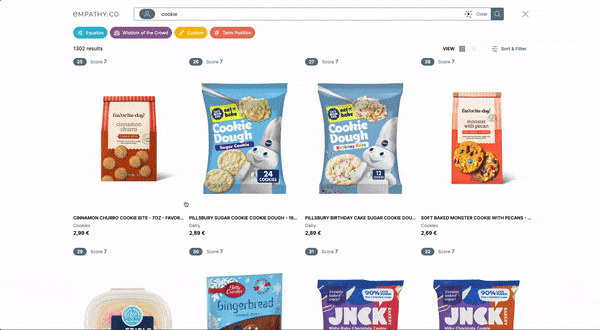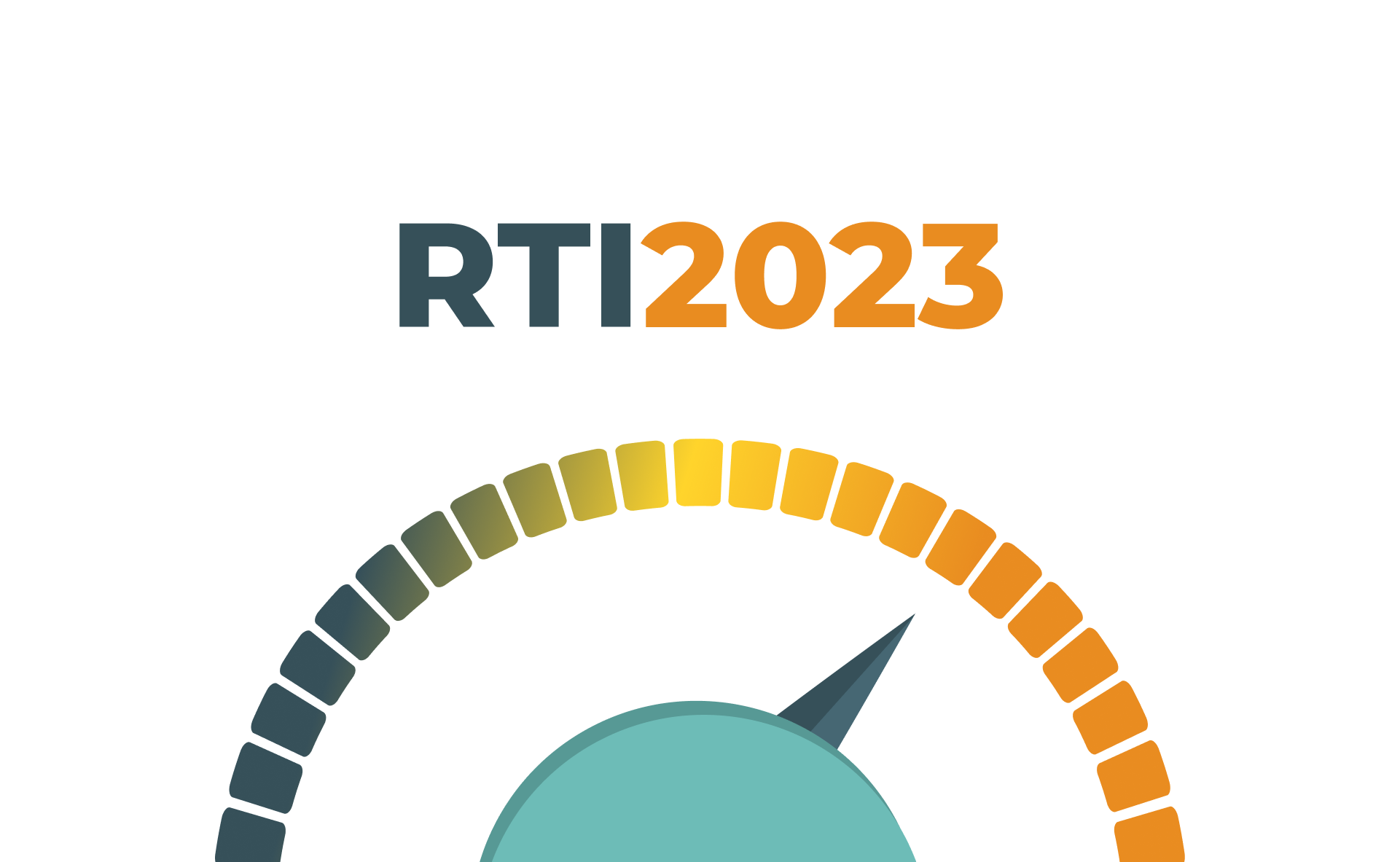Redefining Privacy: How Retailers Can Learn from the Failures of Big Tech & Protect Gen Z data
Redefining Privacy: How Retailers Can Learn from the Failures of Big Tech & Protect Gen Z data
The safety of young people online has always been, and will continue to be, an incredibly important discussion. It’s not just who young people are connecting with online but how they’re connecting that’s a threat. Microsoft, TikTok and Meta have all been slapped with GDPR fines for their lack of protection around young people’s data however social media and software companies aren’t solely responsible - retailers are also complicit. Brands such as JD Sports and Sports Direct are amongst the top retailers in the UK and have audiences composed of predominantly Gen Z consumers, yet are renowned for using the most cookie trackers and have been susceptible to data leaks.

Gen Z isn’t turning a blind eye to this, they’re noticing and taking action. Around half of this key demographic are consciously moving away from brands that overlook their privacy which makes the message very clear, retailers need to learn from the previous missteps of the big tech giants and find the sweet spot when it comes to tailoring the user experience and maintaining consumer privacy. If they refuse to adapt, retailers risk losing a huge proportion of their customer base simply by not putting privacy first.
But what does adapting look like? How can retailers balance personalisation with privacy? Consumer experience with consent? Ethics doesn’t have to be sacrificed for profits with the right tech and approach.
Data Misuse is No Longer Accepted
When it comes to data, businesses cannot forget that the data they collect actually belongs to the user or consumer. Some tech companies are still under the impression that a single checkbox gives them unrestricted access to a user’s data and trust and transparency are often forgotten.
Big Tech’s failings are retail’s problems too. In an era dominated by technology, where data is the new currency, it’s imperative that online retailers understand and address the ethical implications of collecting young people’s data and prioritise their protection.
What’s more, many big tech firms still operate under the start-up mentality of ‘move fast, break things’ which can lead to serious fallout. Take Google’s $392M settlement for non-consented tracking, Meta’s £405M penalty for child privacy breaches, or even OpenAI’s £3 billion lawsuit for training their models using data found in every corner of the internet without permission.
Changing Perspectives: A User Centric Data Approach
To tackle this, online retailers need a change of perspective. It’s about recognising that data is owned by users or consumers, not businesses meaning accepting that people have the final say on how their data is used, shared, and stored. This doesn’t mean that retailers can’t offer personalised experiences. They just need to do it in a way that respects and protects their customers.
Creating Retail Experiences with Privacy in Mind
Embracing the concept of consumer-owned data also means embracing privacy by design. This is where businesses, such as retailers, design their systems and processes in a way that minimises the collection and storage of personal information, reducing the risk of potential data misuse and leakage. This approach ensures that privacy considerations are embedded into a retailer’s operations, not awkwardly or ineffectively added on as an afterthought.
McKinsey research shows that 53% of consumers will only purchase from companies known for their data protection measures meaning, retailers who champion user data rights can use trust and transparency to differentiate themselves and attract privacy-minded customers.
Trust Can Be a Win-Win Strategy
Trust is built on transparency and there are a number of ways retailers can establish the latter to build the former. They must clearly communicate their data collection usage and storage policies to customers, providing detailed information about what data is collected, how it’s used and the security measures in place to protect it.
Retailers can also gain trust by obtaining independent certifications validating their ethical data practices. This demonstrates to customers that they’ve met high standards and are committed to upholding data protection principles.
Big Tech has big data problems to fix but retailers also have work to do. If they want to create a more ethical future that protects younger consumers and regains declining customer trust, they must learn from the fines and failures. Consumers - and society - deserve a better way of handling data. One that’s led by fairness, transparency and common sense. After all common sense always prevails.










